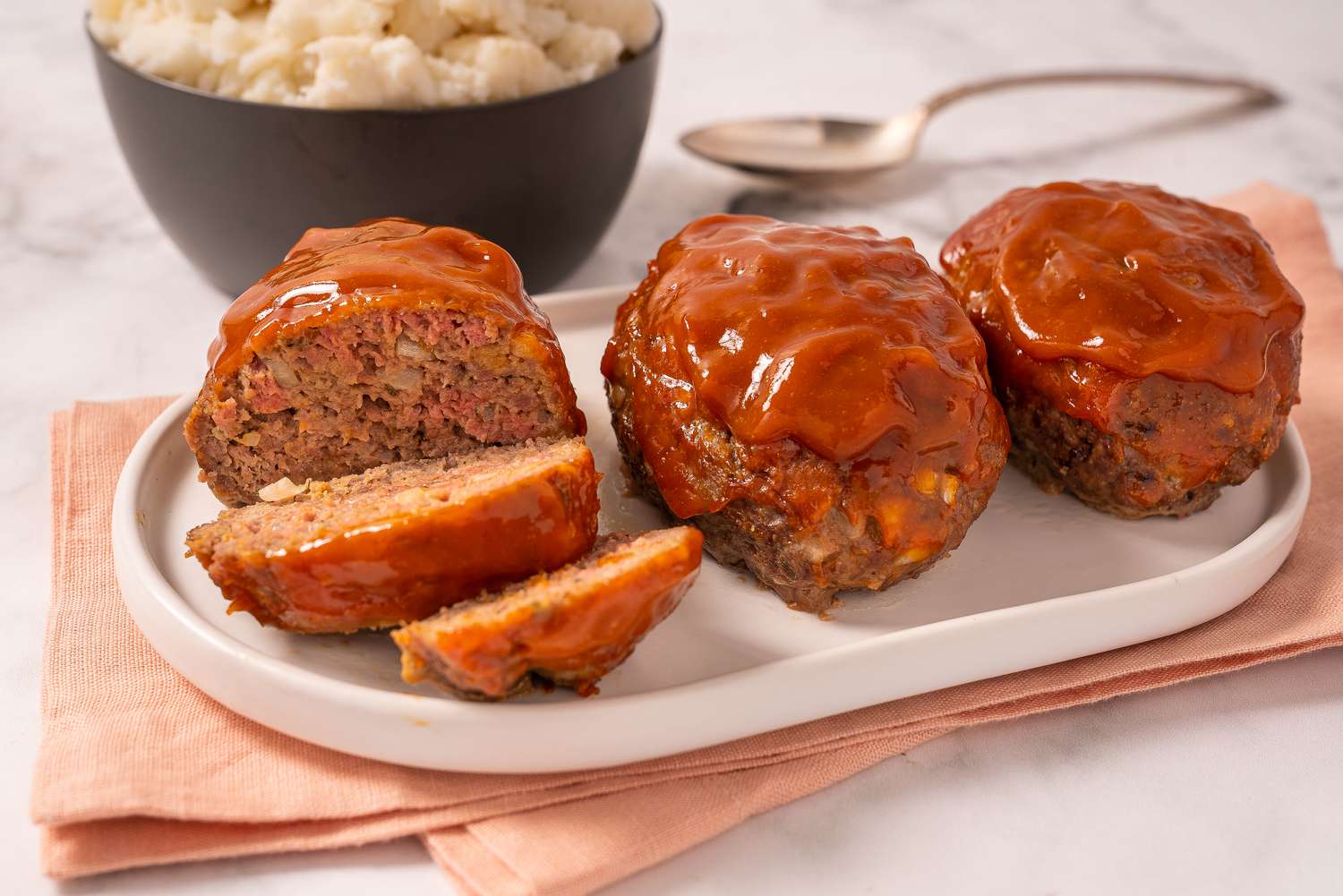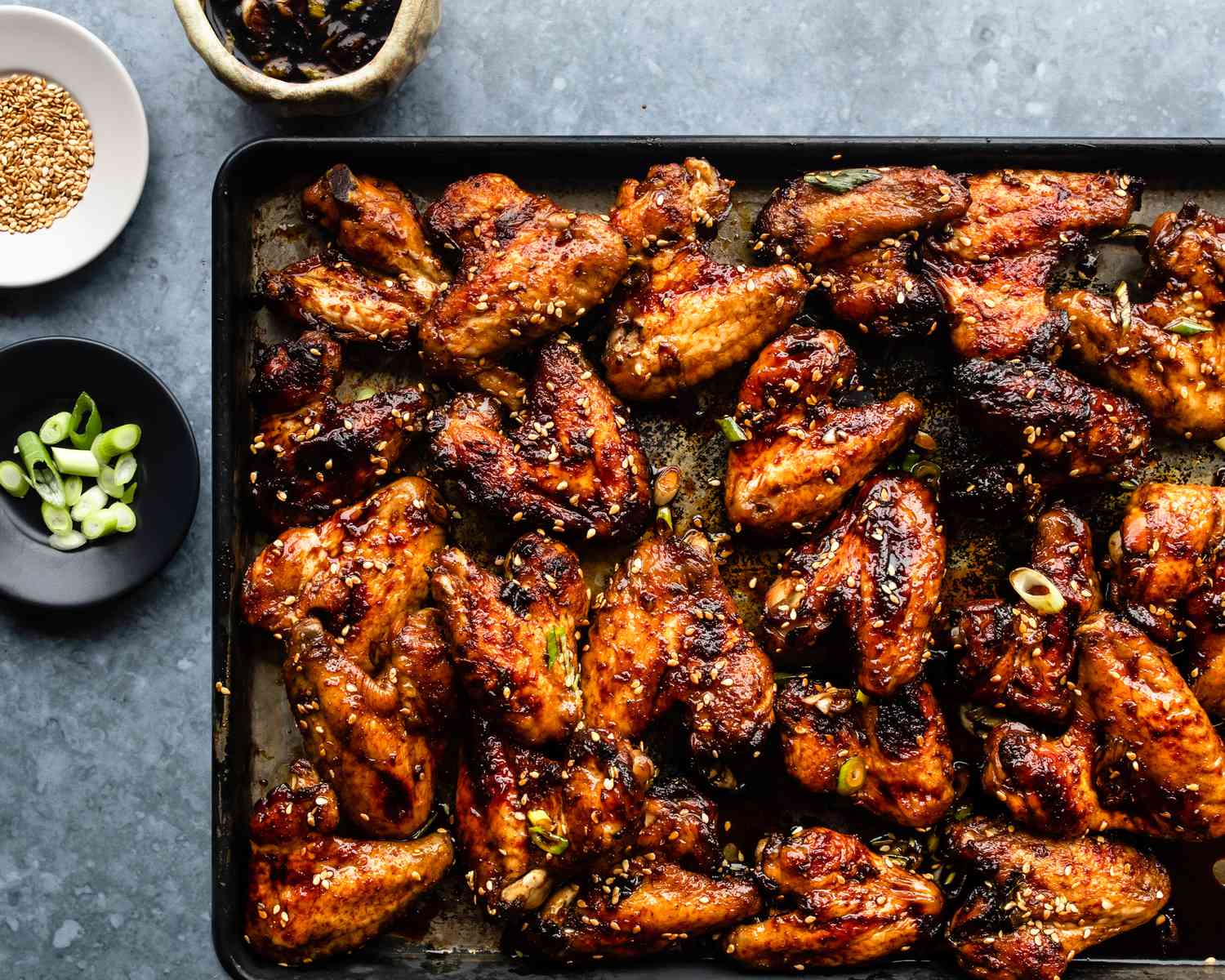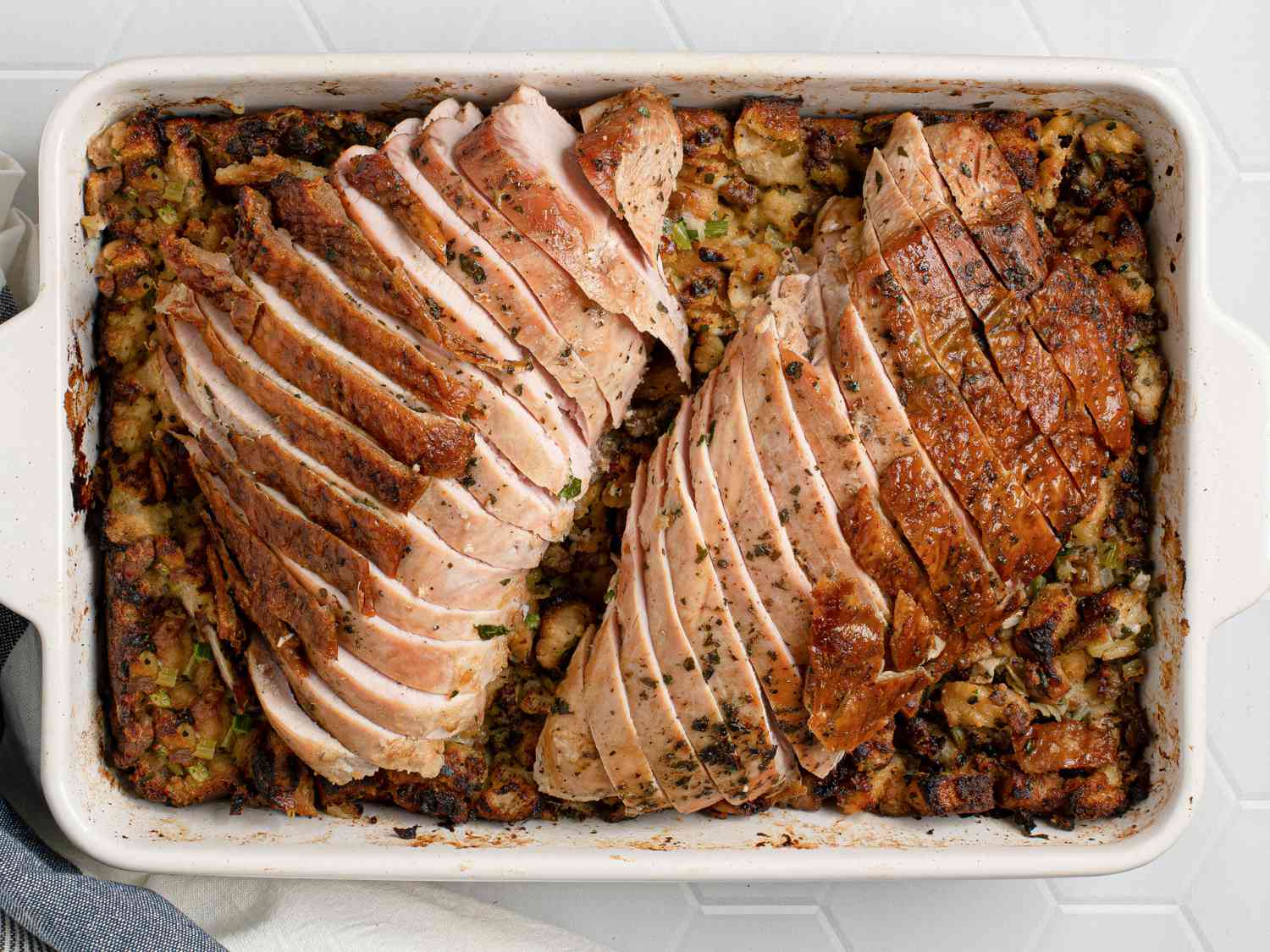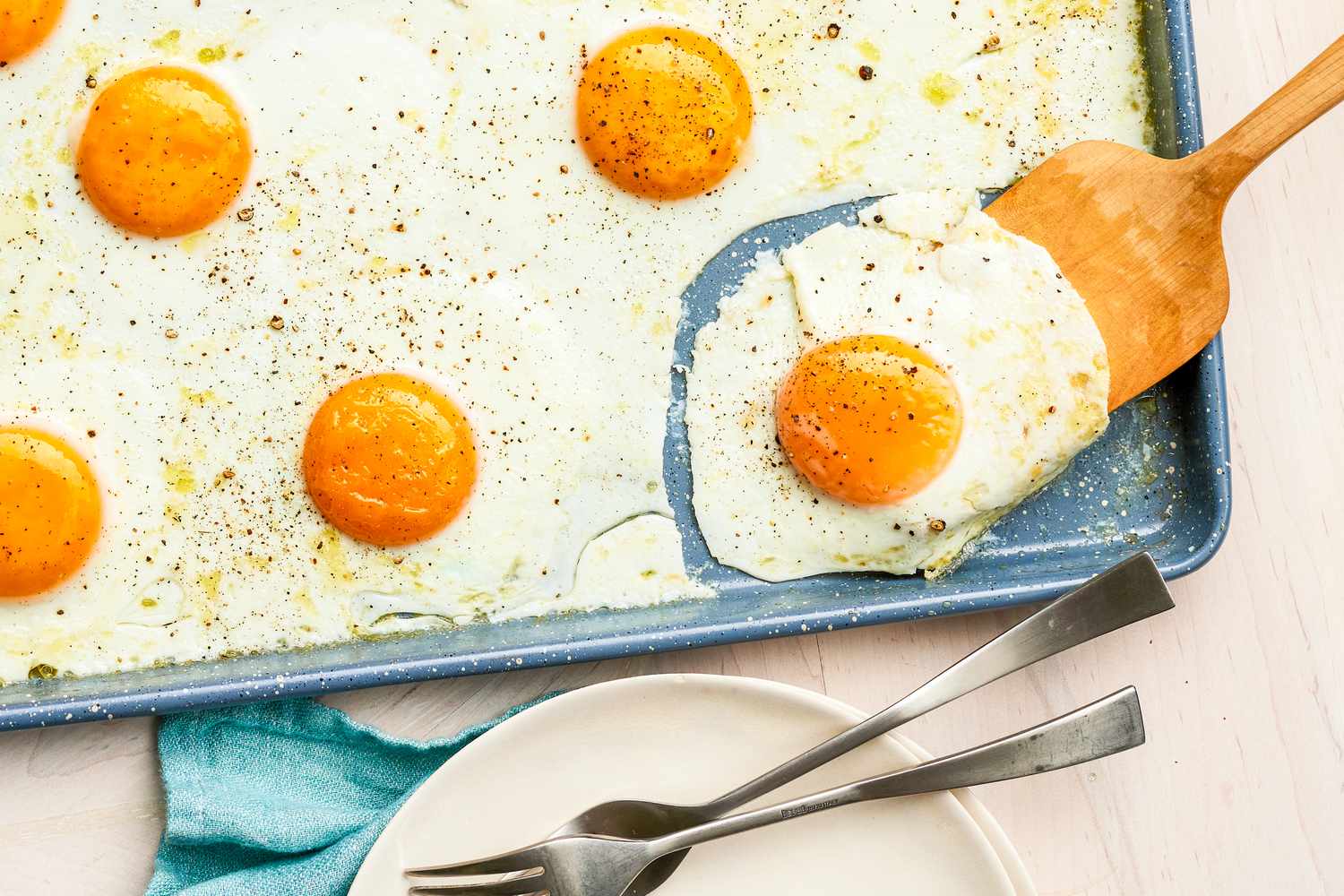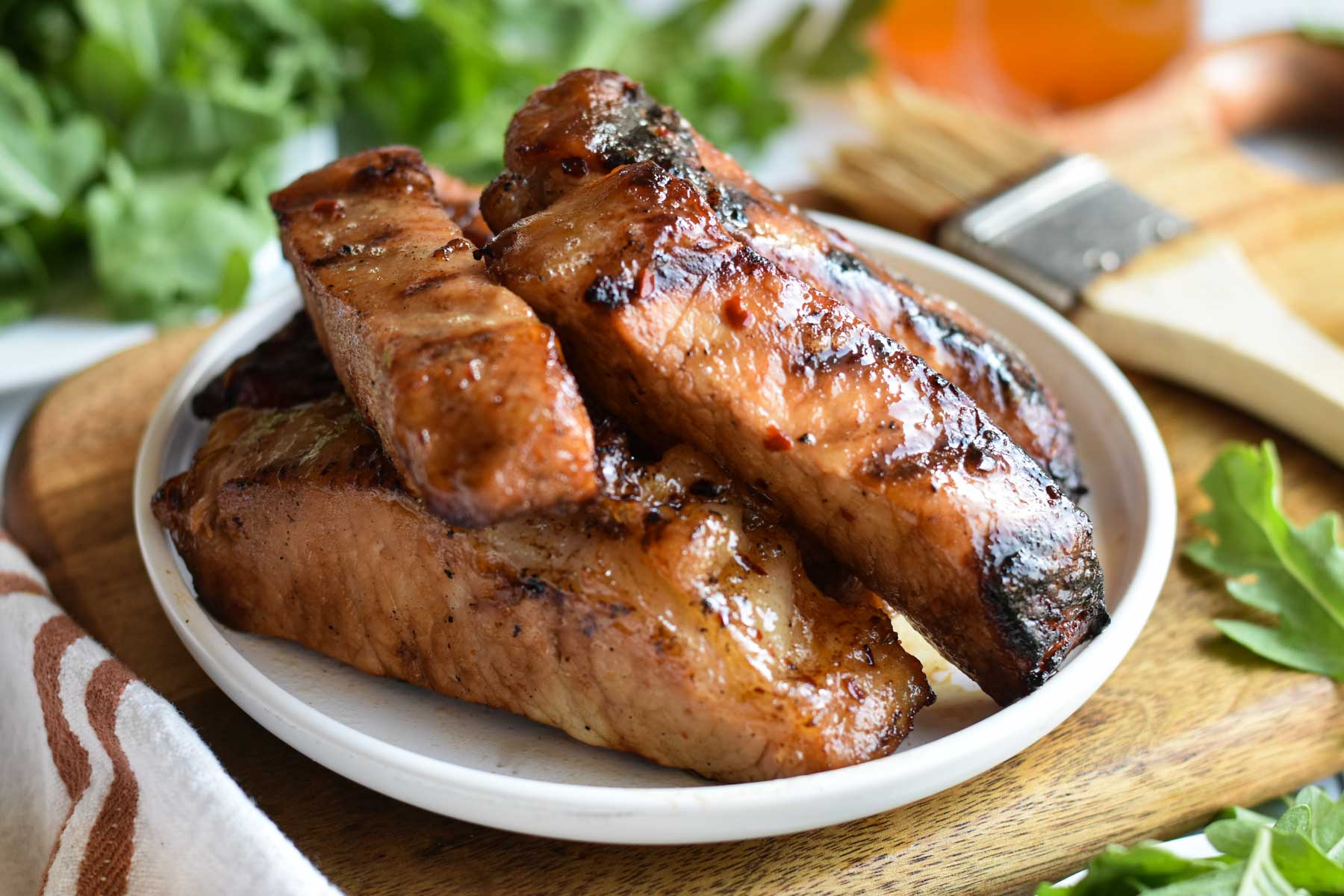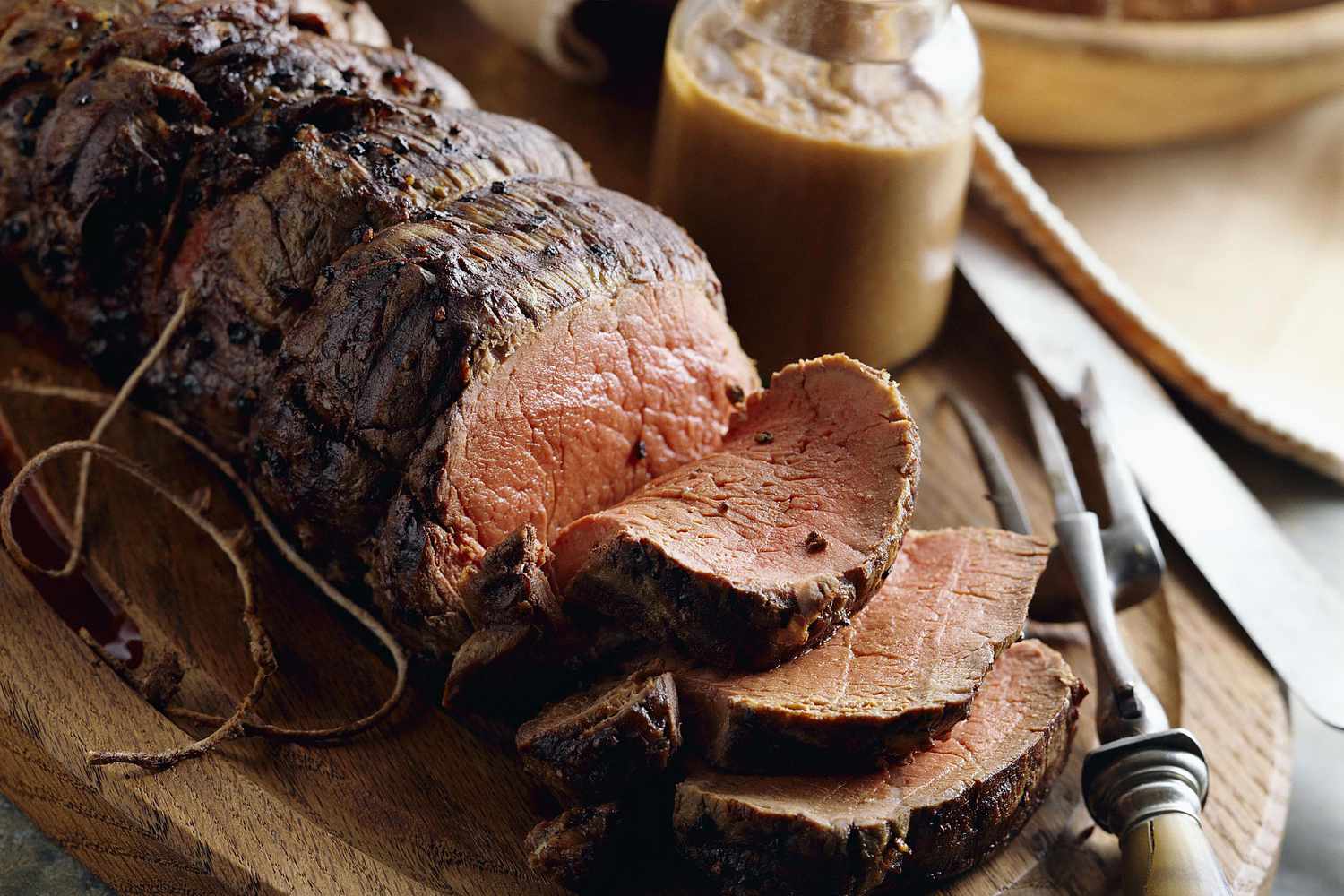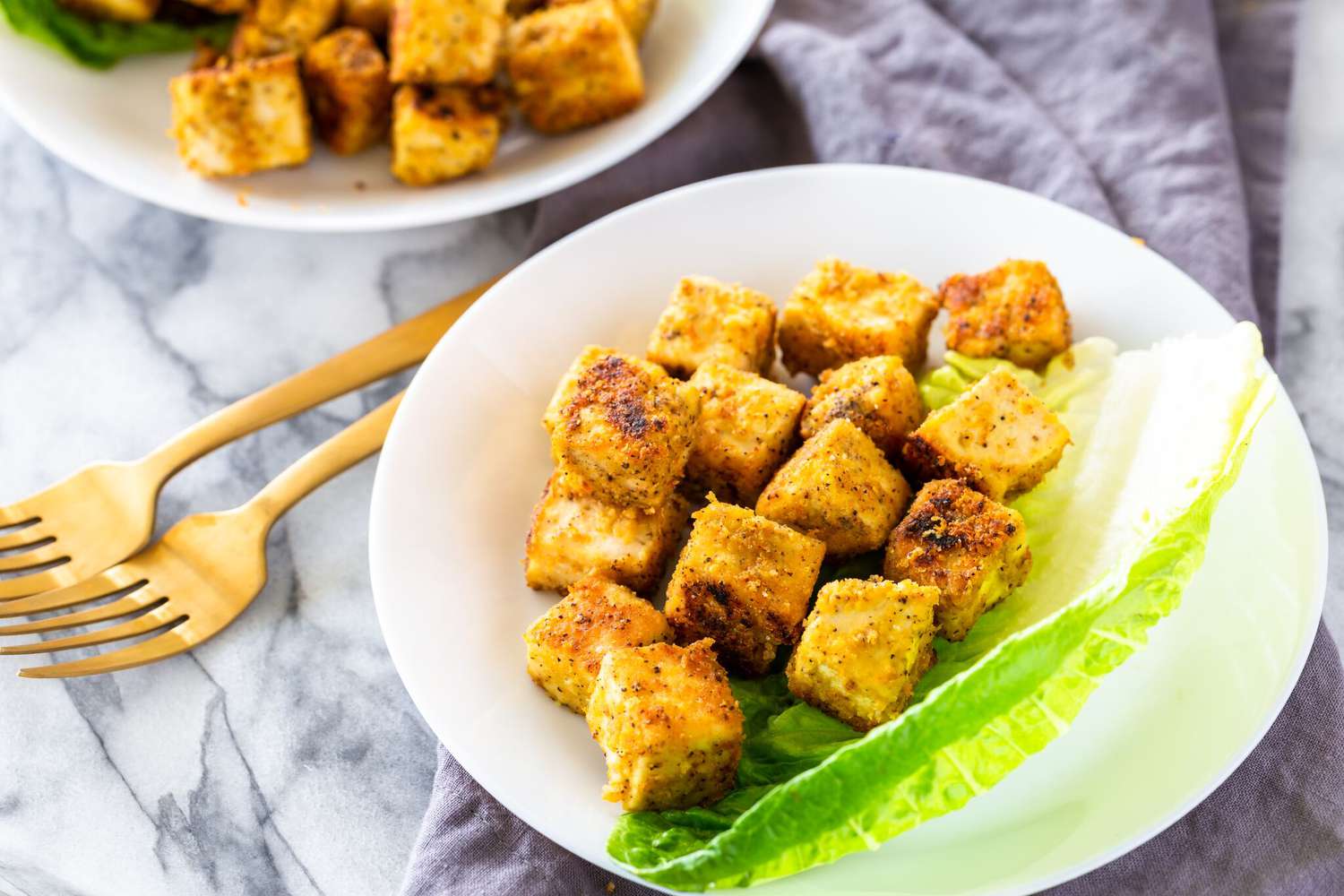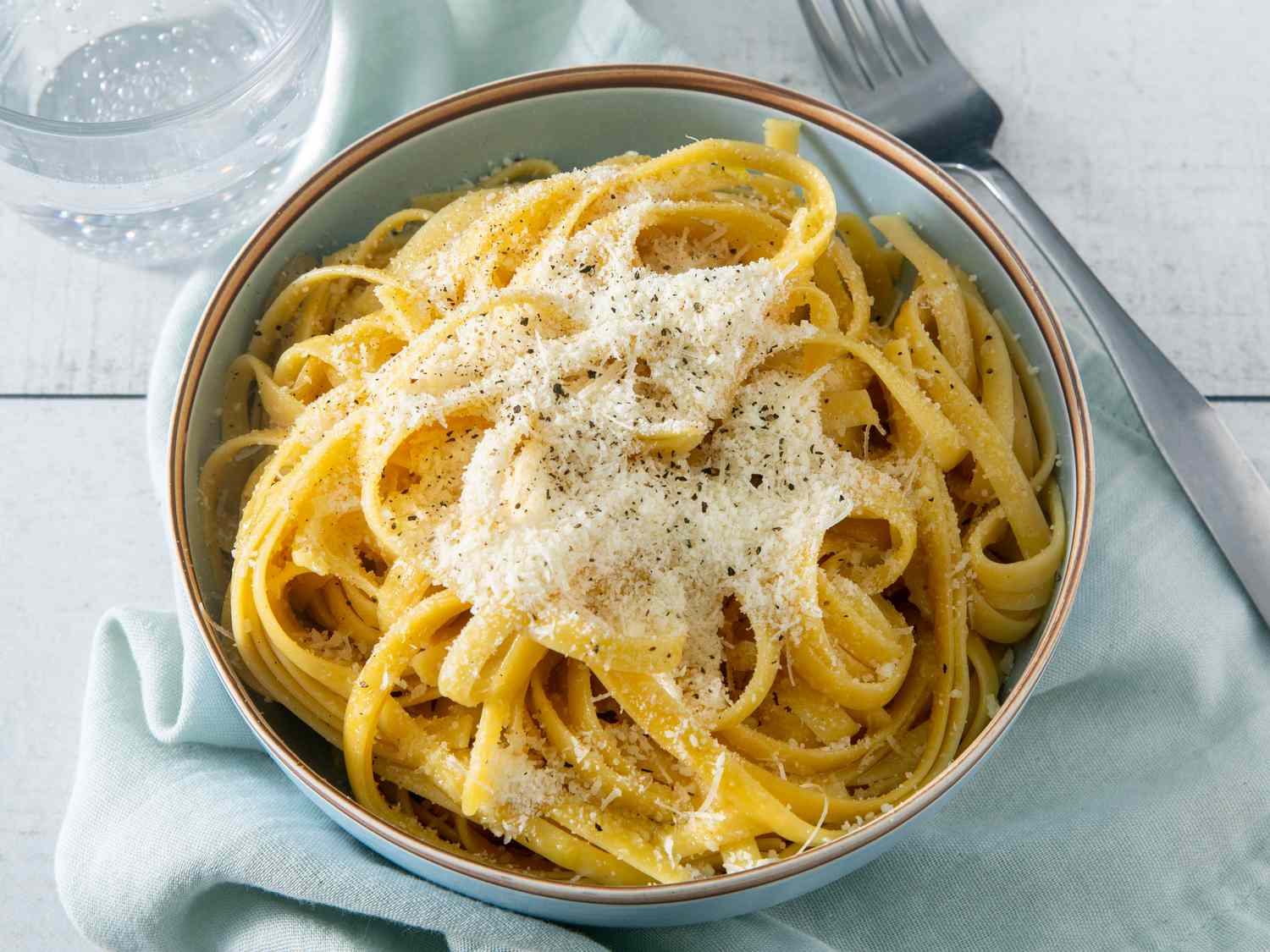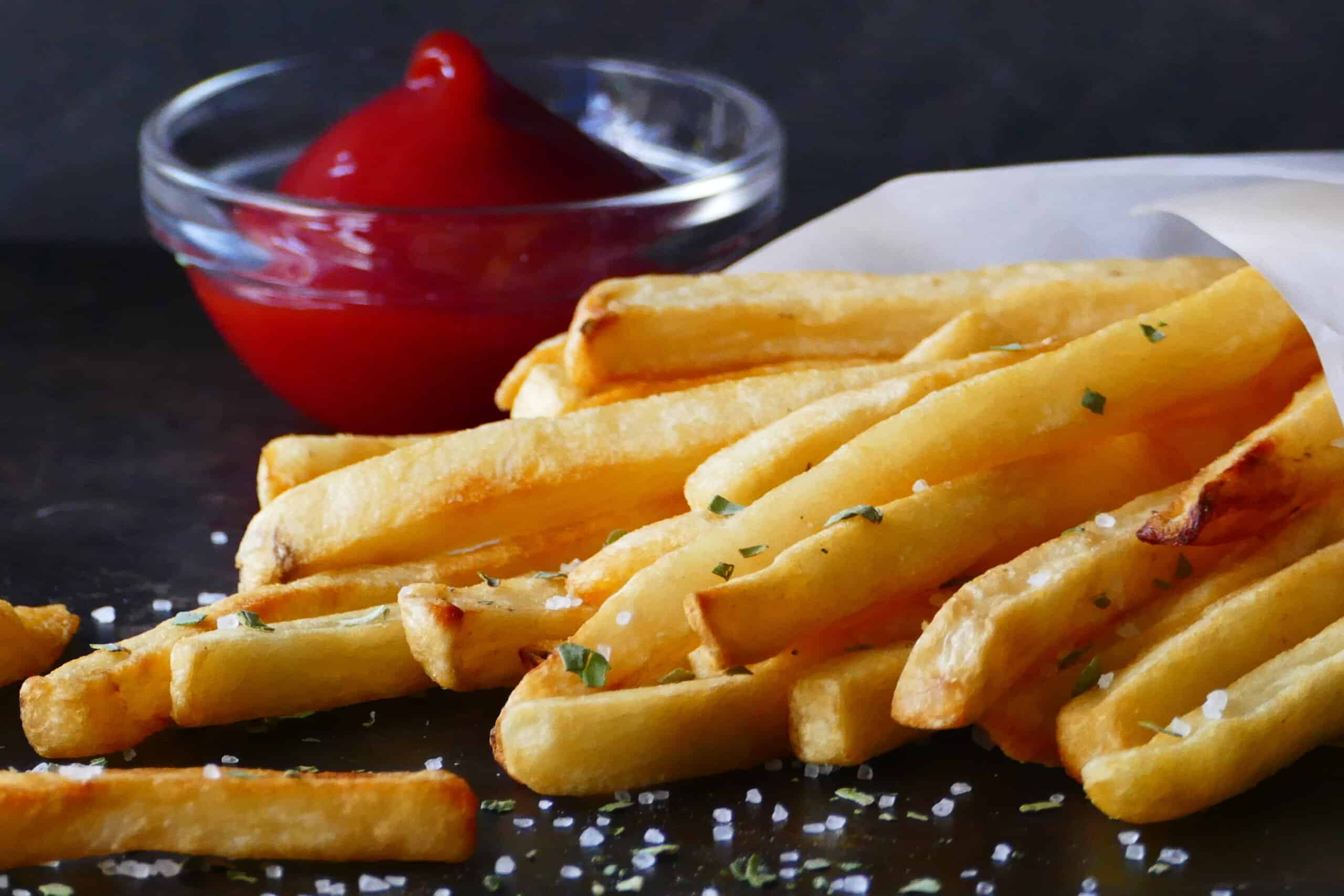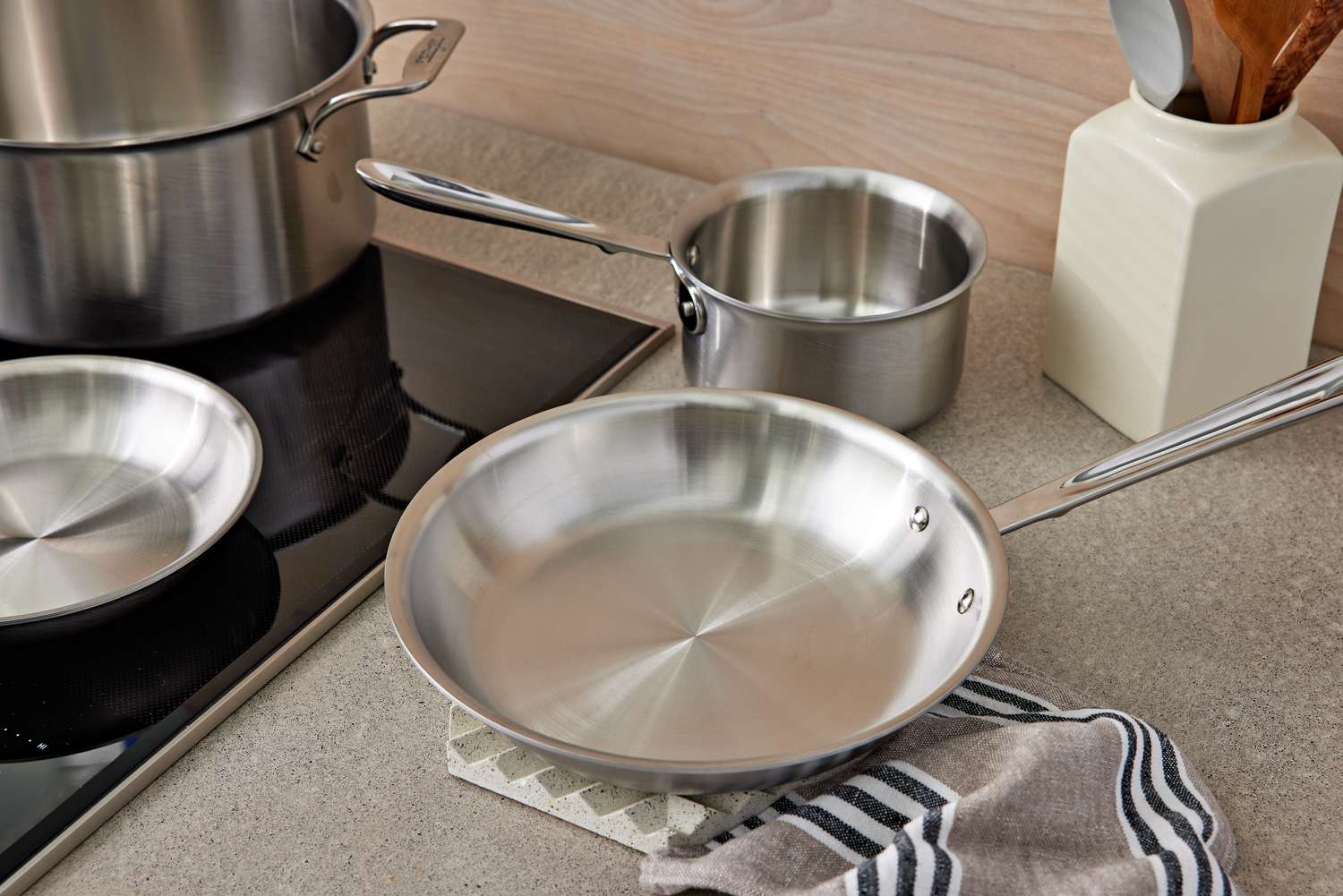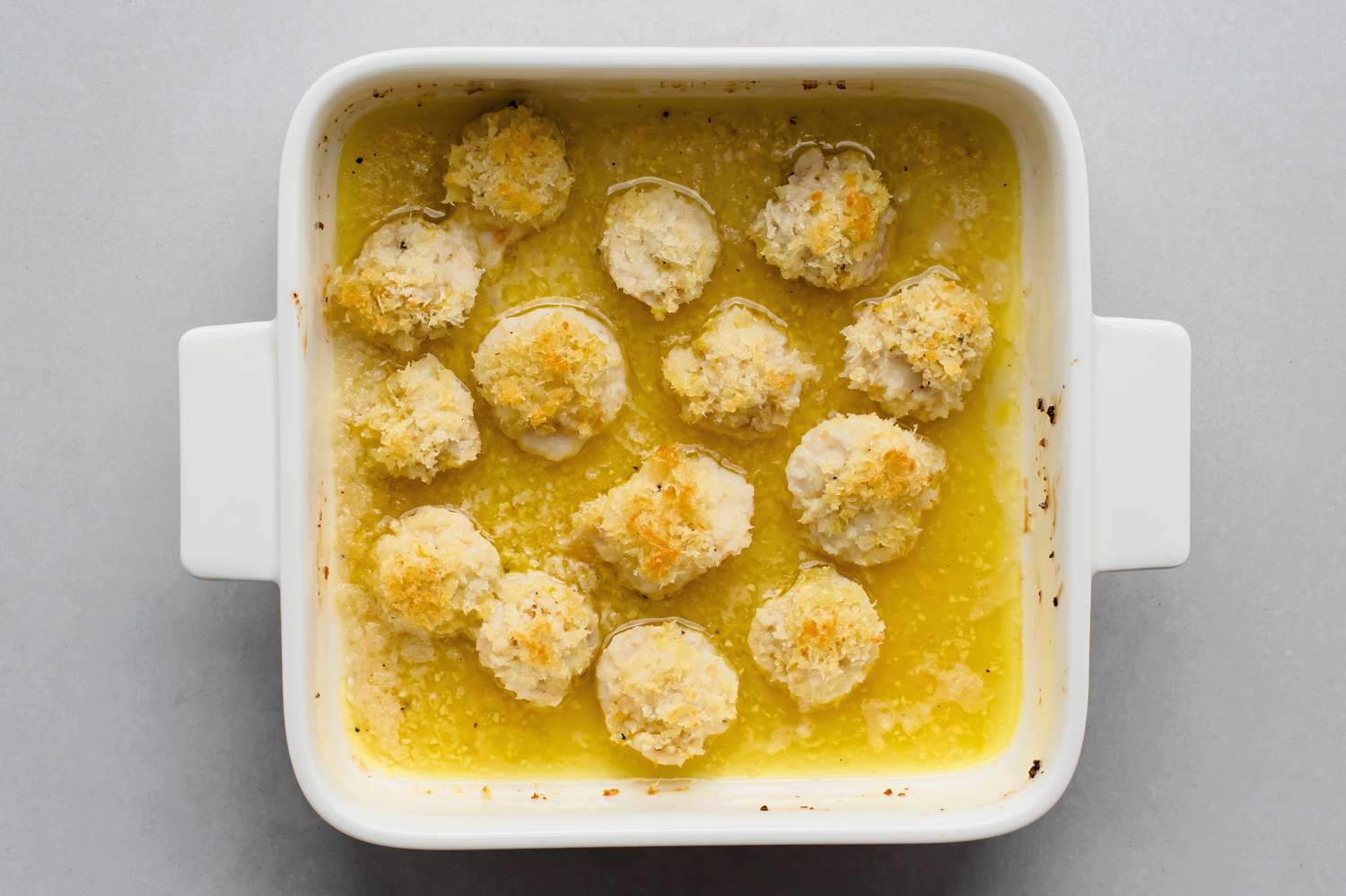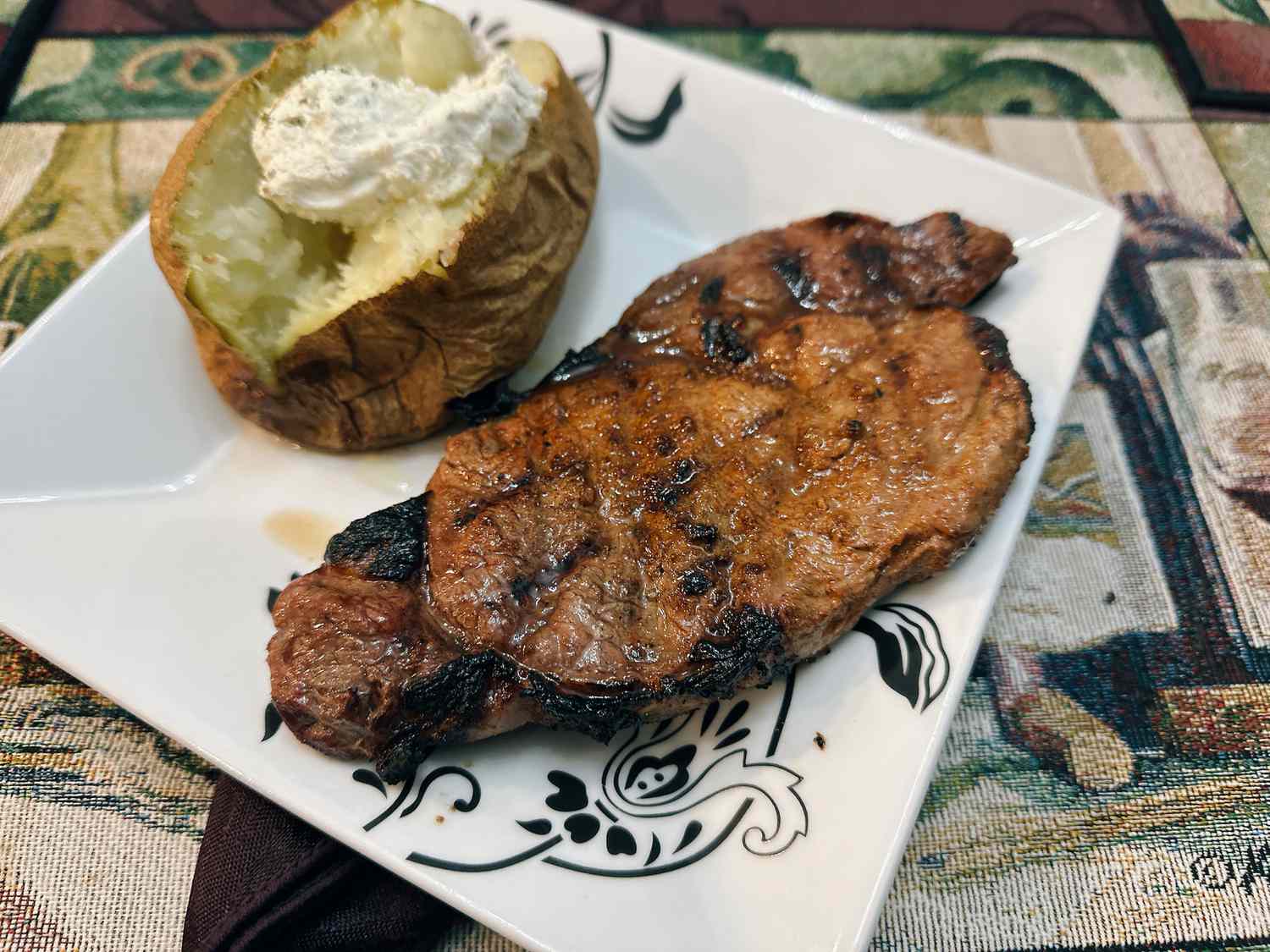Cooking Perfectly Delicious Eggs in a Pressure Cooker
Eggs are a versatile and nutritious food that can be enjoyed in a variety of ways. While many of us are familiar with boiling or frying eggs on the stovetop, have you ever considered using a pressure cooker to cook eggs? It may seem unconventional, but cooking eggs in a pressure cooker can yield perfectly cooked, tender eggs that are easy to peel. In this article, we will guide you through the process of cooking eggs in a pressure cooker, ensuring you end up with delicious results every time.
Why Cook Eggs in a Pressure Cooker?
Pressure cookers are known for their ability to cook food quickly and retain its natural flavors and nutrients. When it comes to eggs, pressure cooking can have some unique advantages:
- Faster Cooking Times: Cooking eggs in a pressure cooker takes significantly less time compared to traditional boiling methods. The increased pressure and temperature inside the cooker speed up the cooking process, allowing you to enjoy your eggs in no time.
- Consistent Results: Pressure cooking ensures even and consistent cooking of the eggs. Say goodbye to overcooked or undercooked eggs. With a pressure cooker, you can achieve perfectly cooked eggs every single time.
- Easier Peeling: One common frustration when cooking eggs is the struggle to peel them without damaging the delicate egg whites. The steam generated in a pressure cooker helps create a slight separation between the eggshell and the egg, making them much easier to peel.
Steps for Cooking Eggs in a Pressure Cooker
Now, let’s dive into the step-by-step process of cooking eggs in a pressure cooker:
- Prepare the Pressure Cooker: Start by adding a cup of water to the pressure cooker. This water will create the steam necessary for cooking the eggs. Place the steamer basket or trivet inside to elevate the eggs above the water level.
- Add the Eggs: Gently place the eggs onto the steamer basket or trivet, ensuring they are evenly spaced and not touching each other or the sides of the cooker.
- Seal and Set the Cooker: Close the pressure cooker lid tightly, ensuring it is properly sealed. Set the cooker to high pressure and adjust the cooking time according to your desired egg consistency. As a general guideline, 5 minutes will give you soft-boiled eggs, while 7-8 minutes will result in medium-boiled eggs. If you prefer hard-boiled eggs, set the timer for 10-12 minutes.
- Natural Pressure Release: Once the cooking time is complete, allow the pressure to release naturally for a few minutes. This helps to further cook the eggs gently and makes them even easier to peel.
- Cool and Peel: Carefully remove the eggs from the cooker using tongs or a spoon, as they will still be hot. Transfer them to a bowl of cold water or an ice bath to stop the cooking process. Once cooled, gently tap each egg on a hard surface to crack the shell and then peel them under running water for easier peeling.
Enjoy Your Perfectly Cooked Eggs
Now that you have mastered the art of cooking eggs in a pressure cooker, it’s time to enjoy your delicious creations. Whether you prefer your eggs soft-boiled, medium-boiled, or hard-boiled, these quick and easy cooking methods will consistently deliver fantastic results. Experiment with different cooking times to find your perfect egg consistency and get creative by adding various toppings or using your pressure-cooked eggs in your favorite recipes. Happy cooking!
For those looking to master egg dishes using a pressure cooker, there's a variety of recipes to try that will take your egg-cooking skills to the next level. Start with Classic Hard-Boiled Eggs for Salads, a simple yet essential recipe to get the perfect texture every time. Spicy Sriracha Deviled Eggs add a zesty kick to your appetizer game, while Pickled Eggs offer a tangy twist to your usual snacks. For breakfast lovers, Perfect Breakfast Eggs Benedict is a must-try, showcasing how a pressure cooker can simplify this classic dish. Lastly, Pressure Cooker Ramen Eggs bring a rich, savory flavor that's perfect for topping your homemade ramen. These recipes not only teach you the art of cooking eggs in a pressure cooker but also introduce you to a variety of flavors and techniques.
– Use eggs straight from the refrigerator for consistent results.
– Pierce a small hole in each egg prior to cooking to prevent them from cracking.
– Adjust the cooking time based on your preferred level of doneness.
– After cooking, transfer the eggs to an ice bath to make peeling easier and stop the cooking process.
Was this page helpful?
Read Next: How To Cook Asparagus With Butter
